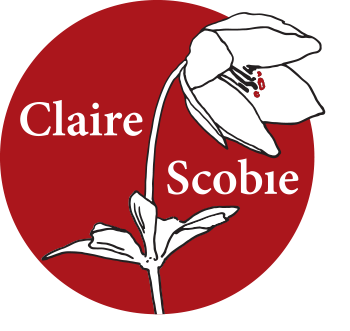24 Feb Do authors need a writing platform?
Last year at the Melbourne Writers’ Festival I heard Charlotte Harper, founder of the digital press Editia, saying that as soon as she receives an author’s submission she searches for their online presence. As Editia only publish virtually, if the author can’t be found on the Internet, she won’t proceed with their proposal.
I mentioned this to one of my writing mentees who thinks she needs an author’s platform. She isn’t keen on Facebook, she doesn’t want to blog, all she wants to do is pursue her writing hobby.
My advice: be clear about why you want a platform and how much time you have to devote to it.
In her case, she needs the minimum:
- An online presence. This could be a simple WordPress website, which is like an online brochure about you, what you write, your contact details.
- On it you include your bio, a photo, links to stories you’ve had published (if any) and a couple of stories to show your style.
- If you’re pitching to publications, you can include the first couple of paragraphs of written stories – like a teaser.
- You can also have a list of other writing sites you love, your favourite books, links to any other social media accounts.
- Ideally have a facility so people can leave a message or contact you.
- You can also have a blog.
Here’s the thing. People often think author platforms are new. They aren’t. In the past we used different ways to build a following – through traditional media, public appearances, fans wrote letters (truely, they did) and we replied.
The goal was the same: to create an audience for your writing and a potential list of buyers for your books.
Today you can say to a publisher, I have 4,000 followers on Twitter, 2,000 friends on Facebook. Publishers can measure your Klout – your social media presence – and in the States publishers and agents do that before taking on a new author.
If these fans are genuine, clearly you have an advantage. Often, though, when I see an author with 22,000 Twitter followers, I can’t believe that many of them would care enough to notice when that author tweets. Quality and loyalty are more important than quantity.
For writers seriously wanting to build a career and earn money from their writing, you do need a platform. This can be a combination of the following:
8 ways to build your author’s platform
- Create a website to showcase your work. This can also be a blog page.
- If you blog, be clear why you’re doing it. Who your audience is. What’s your point of difference. The clearer you are, the more focused your message.
- Avoid starting a blog and then only posting twice a year. Continuity builds a loyal following.
- Network – physically and virtually. Having a supportive community of other writers or aspiring writers can be the difference between failing and succeeding. Often it’s through encouragement that we finish a story or are brave enough to send it off to a competition.
- Take advantage of social media. You don’t have to be on Facebook, Twitter, Google+, Instagram and Linked-In. Pick one you like and stick to it. If you do have multiple accounts try using a social media platform like Hootsuite. Anyone wanting to know more, head to Walter Mason’s free Social Media for Writers Talk, 12.30 – 1.30pm, July 16 in Custom’s House, Sydney. Walter is a whizz at this stuff so follow him – and his lead!
- Grow your database through your website, blog and email marketing.
- Get involved with writers’ centres, submit your work to anthologies. If you’re into a niche genre then blog on fanzines and connect with other writers in the same field.
- Become an expert in your area through workshops, live appearances and articles. This is important if you are seriously trying to break into the publishing industry. If you can show that you’re the go-to person on permaculture or gothic horror, it gives your book a head start.
I’m sure you’re thinking… but this all takes soooo much time. Yup. It does. So that’s why you need to be clear from the beginning about what you want and why.
An author’s platform brings all the different parts of your profile, virtual and real life, together. Juggling it, though, is a part-time job in itself.
If you’re just dabbling, stick with the writing and worry about the rest later.
